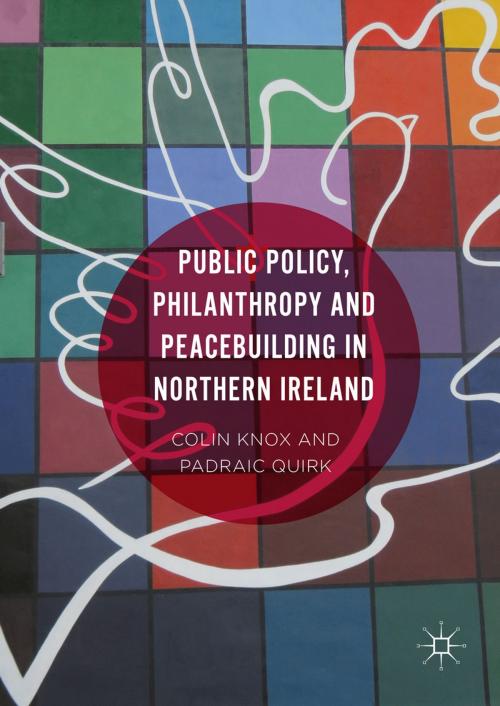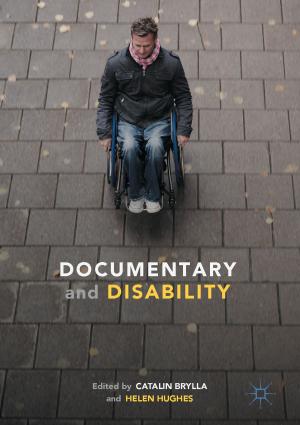Public Policy, Philanthropy and Peacebuilding in Northern Ireland
Nonfiction, Social & Cultural Studies, Political Science, Government, Public Policy, International| Author: | Colin Knox, Padraic Quirk | ISBN: | 9781137462695 |
| Publisher: | Palgrave Macmillan UK | Publication: | May 31, 2016 |
| Imprint: | Palgrave Macmillan | Language: | English |
| Author: | Colin Knox, Padraic Quirk |
| ISBN: | 9781137462695 |
| Publisher: | Palgrave Macmillan UK |
| Publication: | May 31, 2016 |
| Imprint: | Palgrave Macmillan |
| Language: | English |
This book examines the role played by one important external stakeholder, Atlantic Philanthropies, a limited-life foundation, in helping to build peace and promote reconciliation in Northern Ireland. Northern Ireland is now referred to as a post-conflict society largely due to the absence of political violence and relatively stable political institutions. These are necessary but insufficient conditions for what Galtung has described as ‘positive peace’, which requires a more fundamental review of the structural inequalities that contributed to the conflict in the first place. Using detailed case studies the authors illustrate the role played by voluntary and community sector groups, funded by Atlantic Philanthropies, in influencing the public policy agenda and securing long term systemic changes. They also critique the work of Atlantic as a ‘pay to play’ organization whose original mission moved from funding the higher education sector on the island of Ireland to become a key foundation with a significant role in the peace process.
This book examines the role played by one important external stakeholder, Atlantic Philanthropies, a limited-life foundation, in helping to build peace and promote reconciliation in Northern Ireland. Northern Ireland is now referred to as a post-conflict society largely due to the absence of political violence and relatively stable political institutions. These are necessary but insufficient conditions for what Galtung has described as ‘positive peace’, which requires a more fundamental review of the structural inequalities that contributed to the conflict in the first place. Using detailed case studies the authors illustrate the role played by voluntary and community sector groups, funded by Atlantic Philanthropies, in influencing the public policy agenda and securing long term systemic changes. They also critique the work of Atlantic as a ‘pay to play’ organization whose original mission moved from funding the higher education sector on the island of Ireland to become a key foundation with a significant role in the peace process.















